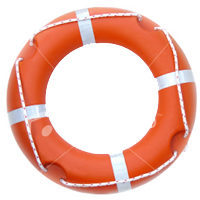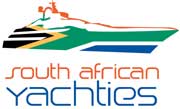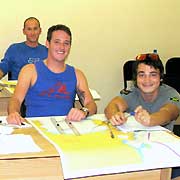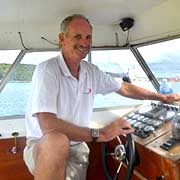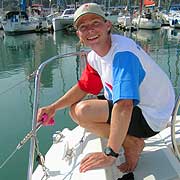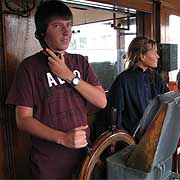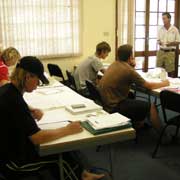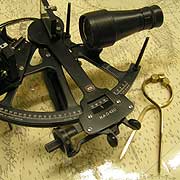ADVANCED COURSES
Enquiry
IYT MASTER of YACHTS 200t LIMITED
IYT MOY 200t Limited
Qualifying experience:
1) Sea Time
a) 50 days on board a vessel greater than 9m at sea as an active crewmember. For the purpose of this requirement, a day is defined as a period of 24 consecutive hours. Part of a day may not be included in this total, but a day is not invalidated by a candidate leaving the yacht for a few hours during a cruise. The term "at sea" is defined as being on a vessel outside of any harbour - natural or artificial - in which a cruising yacht could secure or anchor for a prolonged period of time.
b) 3 000 nautical miles logged on a vessel at sea. This mileage must include overnight passages and not only short day trips. At least 2 000 miles must have been completed on coastal voyages and not ocean crossings.
c) Five varied passages with rhumb lines of over 60 miles, during two of which the candidate must have been undertaking the duties of captain or watchkeeper.
d) 30 hours on watch at night underway as an active member of a yacht's crew. For at least six hours of this night time experience the candidate must have been acting as the vessel's captain/watch leader. "Night" in this context is defined as the time between sunset and sunrise.
2) Medical
A valid Seaman's Medical Certificate
3) STCW
Valid certificates for the five elements of basic safety training:
- PSSR
- PST
- Fire Prevention and Fire Fighting
- Elementary First Aid
- Competence in Security Awareness
4) Identification
Passport or national identity document to confirm identity. Copies must be certified.
The course is in two stand-alone parts which should ideally, but not necessarily, be taken consecutively.


